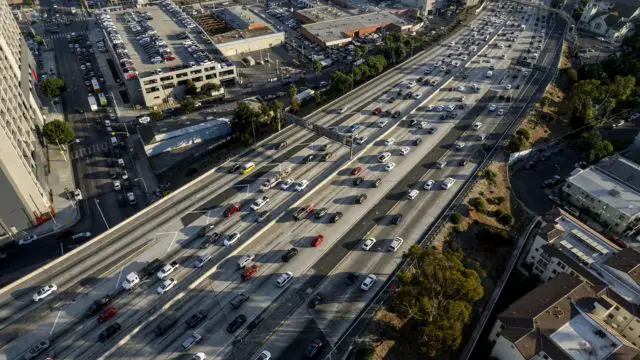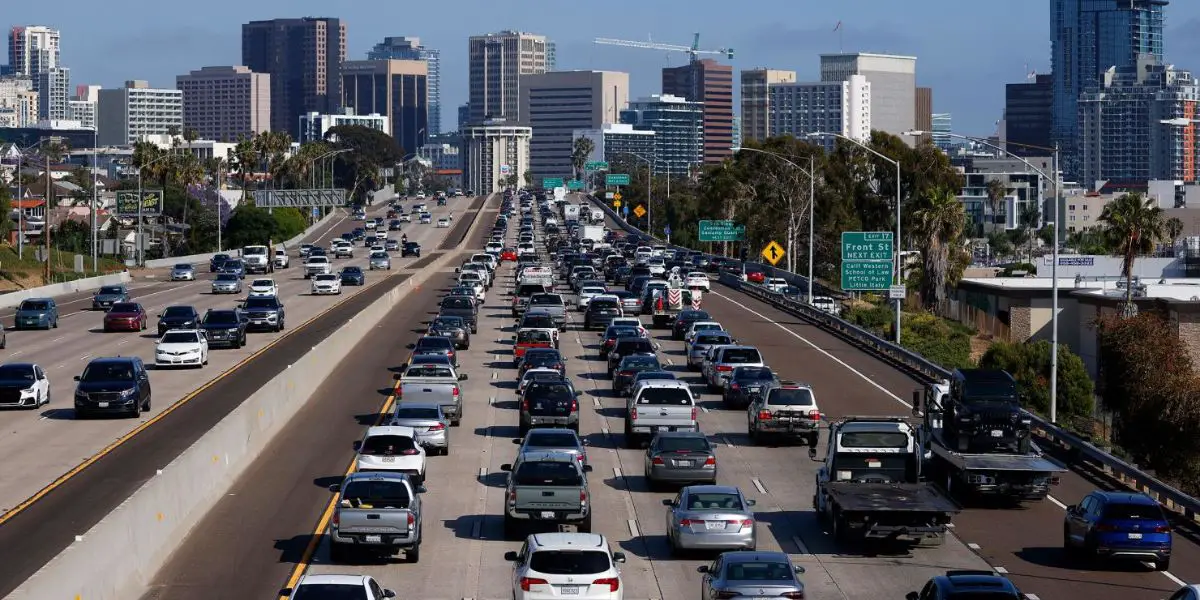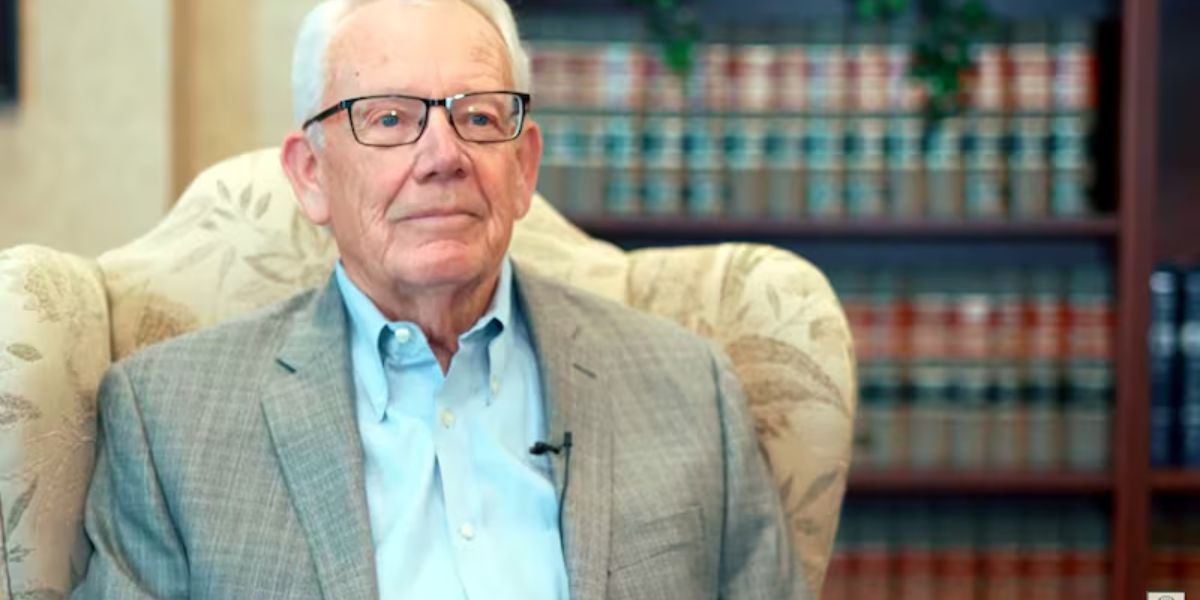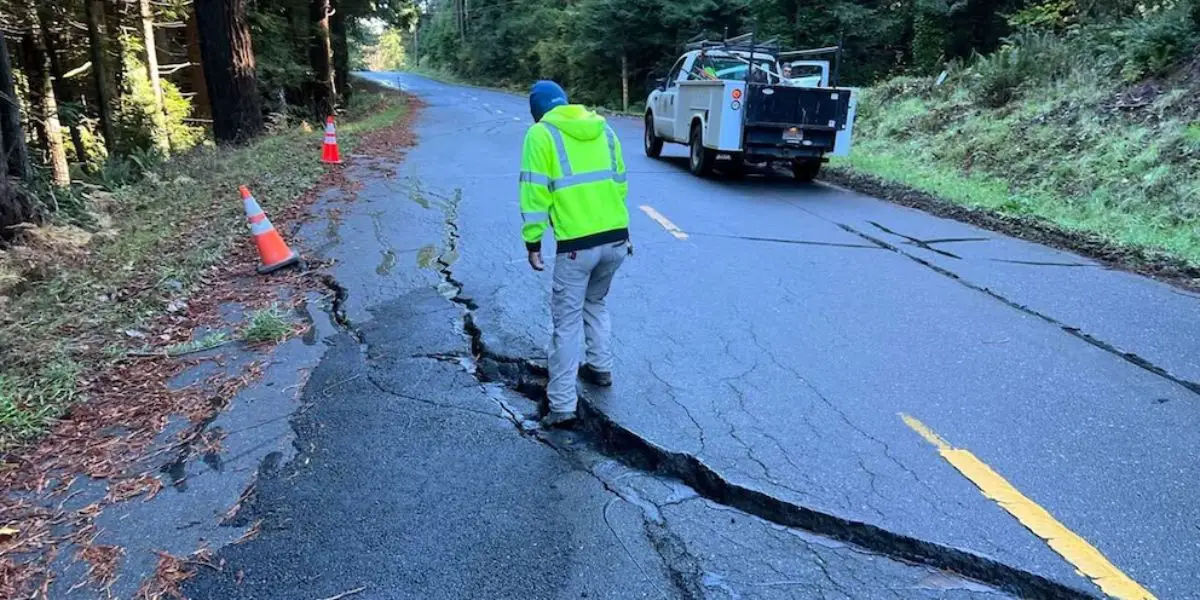LOS ANGELES — The Supreme Court declined Monday to take up an appeal from conservative states challenging California’s ability to establish strict vehicle emission rules that effectively set the standard for the rest of the nation.
The move, which effectively leaves in place a lower court ruling that upheld those regulations, comes days after the court agreed to hear a narrow slice of the fight: Whether fuel companies have standing to sue over the regulations.
Given California’s size, automakers have for decades hewed to that state’s tighter emissions controls, which are permitted under a waiver from the Environmental Protection Agency. The states and fuel groups argued in their Supreme Court appeal that the arrangement is unlawful.
The Supreme Court on Monday shut down the appeal from the states. Conservative Justice Clarence Thomas said he would have taken up the EPA case but did not explain why.

What remains of the legal dispute could be upended anyway when President-elect Donald Trump takes office next month. In 2019, the first Trump administration rolled back California’s decades-old waiver that had allowed it to set its own air pollution standards. The Biden administration reinstated the waiver in 2022.
California has moved faster than the EPA toward an all-electric vehicle future. The state’s air regulators voted in 2022 to set stringent rules banning the sale of new gasoline cars by 2035 and put interim targets in place to phase the cars out.
California DMV Regrets Issuing License Plate Mocking October 7 Attack on Israel
What California decides has major implications for the US car market given the size of the state’s economy and the fact that more than a dozen other states have followed its lead.
In contrast to California, the Biden EPA has put in more forgiving vehicle emissions standards, allowing plug-in hybrids — vehicles that combine gas engines and EV-like batteries — to play a big role in the electric transition, along with EVs.
But the Biden administration pointed to a decision from an appeals court in Washington, DC, earlier this year that dismissed most of the case, finding that the plaintiffs lacked the ability to sue. That’s partly because, the court reasoned, car manufacturers are increasingly moving toward electric vehicles on their own based on market demand, not government regulations.




